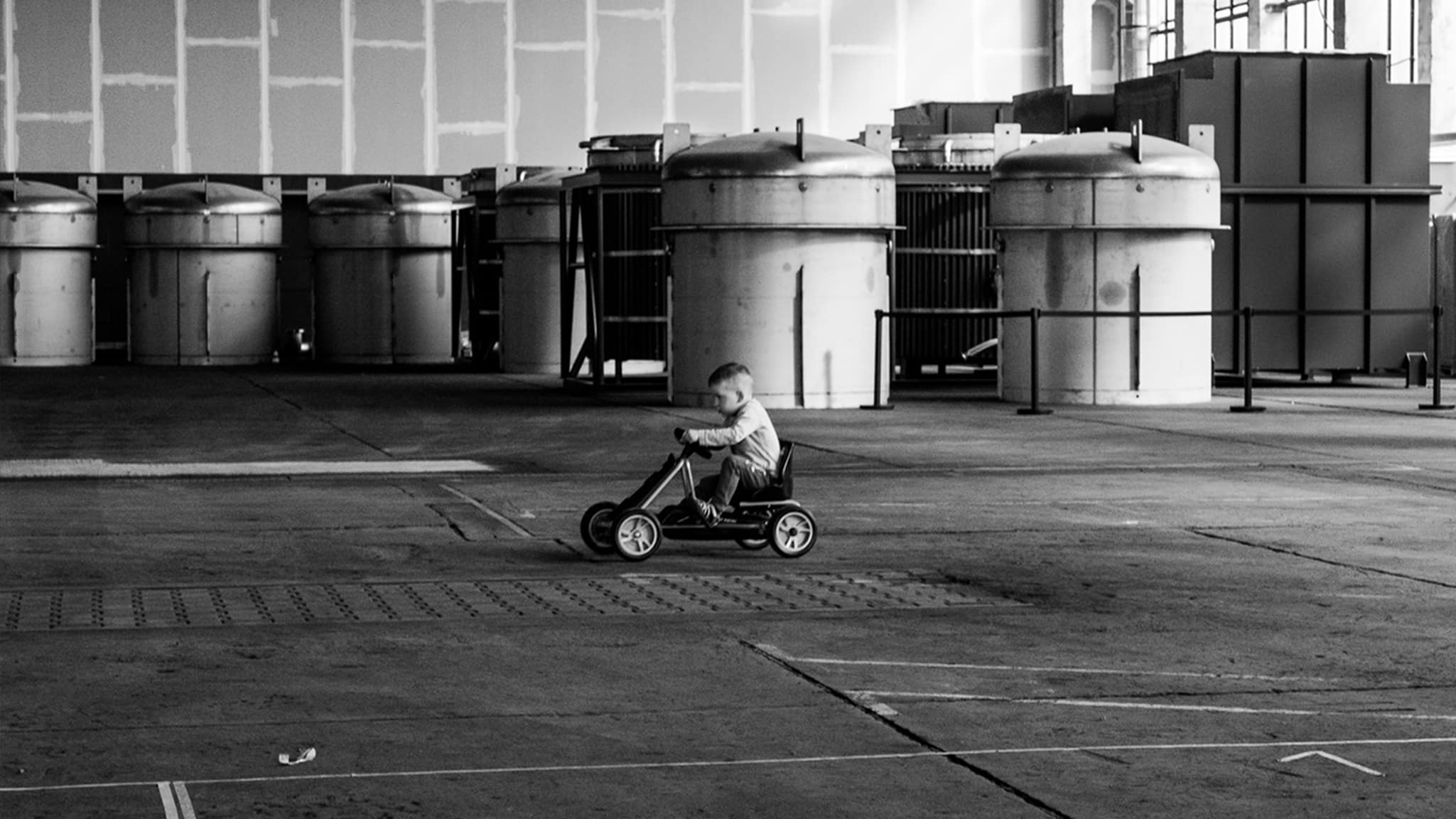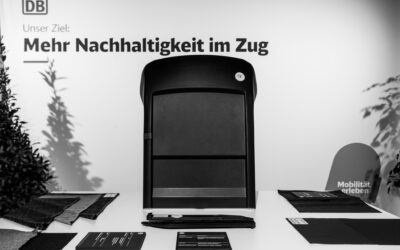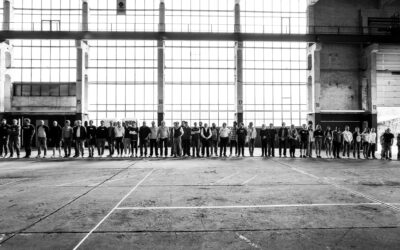Ecological regeneration, solidarity, justice, decency, gratitude, openness and wonder…
…are consistently lived at carbonauten. Torsten Becker and Christoph Hiemer met in 2013 and founded carbonauten in 2017. The start-up begging tour through the German investors landscape is a hardening experience that forges a bond between the two.
carbonauten does not have competitors, because everyone who can contribute something in the fight against the climate escalation, is welcome to do so. Risks do not exist, except the risk of not doing it. Creativity, science, technology and social responsibility are the driving forces.
The brand core “simplicity” accelerates the scaling. This way, the necessary industrial dimensions are achieved for the carbonauten system to develop its ecological, social and economic impact.

Products
Dozens of modularly expandable production plants will generate millions of tons of CO2-negative materials and platform biochemicals, hundreds of gigawatt hours of renewable energies and millions of CO2 certificates over the next few years.
Technology
A “minus CO2 factory” essentially consists of two technological components that generate a deep value-creation chain: carbonization and biorefinery.
Embedded in well-established and modern periphery, they are the core for technological expansions such as the production of inexpensive green hydrogen and activated carbon.
Culture
„I have a dream!“. To create an ecologically, socially and economically functioning world is the motivation of every carbonaut. They use freedoms, drive solutions forward, are courageous and take risks, learn from mistakes and have a big heart.
“The better idea beats the good one!” enables the fulfillment of individual and collective dreams. Leading by letting go simplifies, relaxes, brings joy and forms the basis for the unique cosmos of carbonauten.

carbonauten 2040
Instead of elaborate and expensive large-scale plants, many decentralized minus CO2 factories will be built worldwide. This reduces the strain on regional resources and the suitable biomass residues from a radius of up to 70 km are carbonized right where they originate. The local energy supply of companies, cities and municipalities is also advantageous. This creates sustainable and self-sufficient ecosystems.
Latest
CO2-negative parts for the ICE
For the first time, seat shells and armrests of the ICE were injection molded from CO2-negative plastic with a biocarbon content of 33%....
Construction of minus CO2 factory 002 begins in Chibi, China
On 7 November 2023, carbonauten GmbH started construction of the world's largest carbonisation plant for the extraction and storage of CO2...
What characterizes a carbonaut? (2/2)
Continuation of the previous blog post. We keep talking. About money, politics and vision. Aaron: You mentioned funding issues earlier. In...



